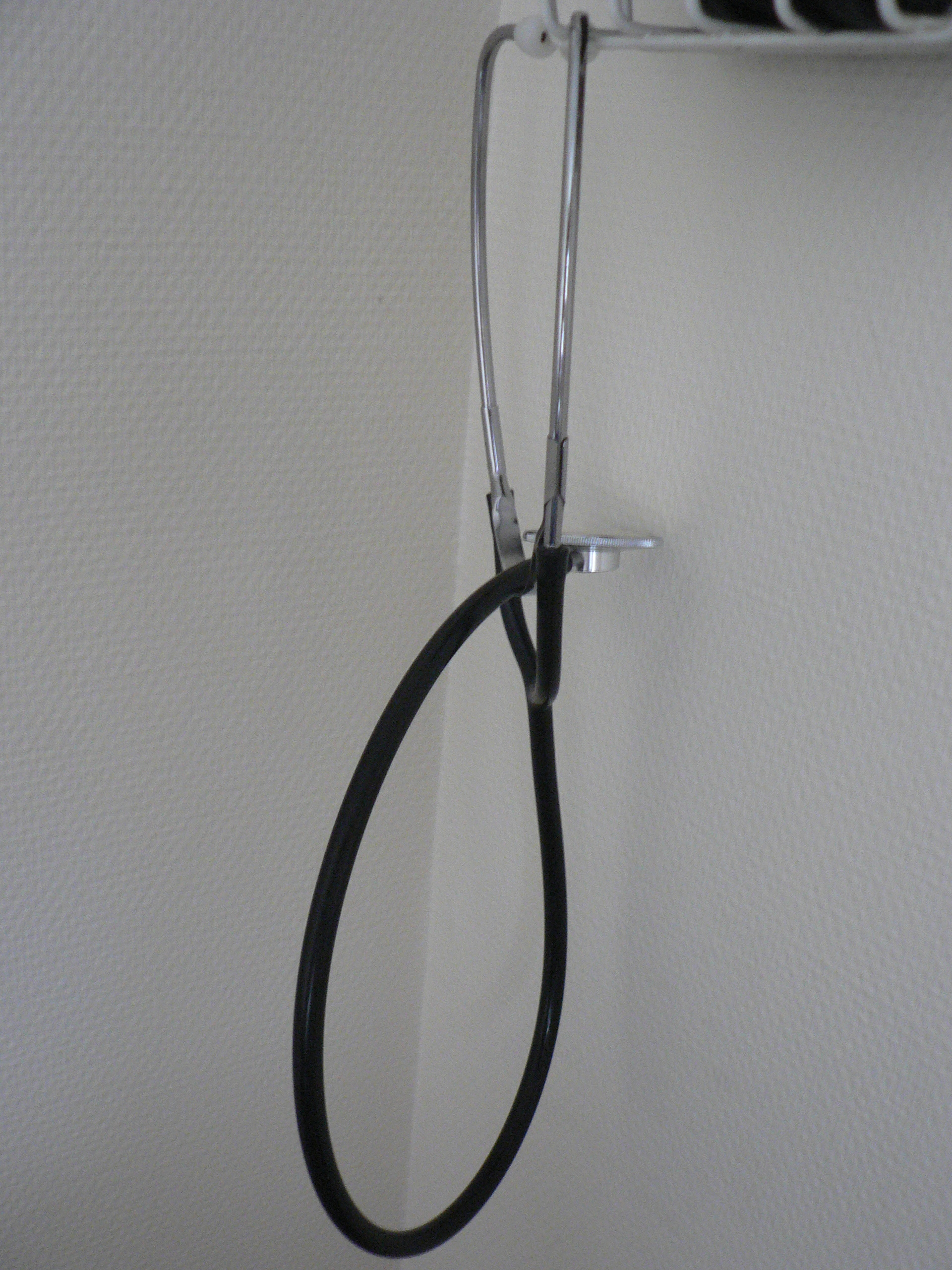 |
| A wiki image. |
Quote of the Week
Quote of the week: “If there's a book that you want to read, but it hasn't been written yet, then you must write it.” - Toni Morrison
Friday, July 22, 2011
Writing Prompts: Ordinary Object POV
Labels:
creative writing,
point of view,
writing prompt
Wednesday, July 13, 2011
The Missing Muse Part 2: Rediscovering the Magic
Part one of this series talked about the Muse or magic and how it can slip away on us at the most inopportune times, but here are some ways to get that creativity back. Nothing inspires inspiration more than other’s creativity, so that is why the first 4 suggestions are listed first. All the asterisks are the things I do on a regular basis to help stimulate the Muse. As you can see, it usually takes more than one way to keep the Muse strong. It's about overlapping the inspiration to what works best for you and creating a lifestyle that the Muse feels stimulated to stay in.
Labels:
creativity,
creativity blues,
inspiration,
magic,
meditation,
movies,
muse,
music,
read,
the missing muse,
walk
Saturday, July 9, 2011
The Missing Muse Part 1: Where Did the Magic Go?
Have you ever found yourself writing without a muse? One minute it's there and the next it's gone just like a puff of smoke. You do everything but stand on your head to try to get it back and your muse laughs as it plays the elusive game of hide and seek, taunting you in a devilish manner. This seems to be a common problem for me, in fact I have gone weeks, even months without a muse. I write anyways, but the writing is more force and even unnatural. I begin to wonder why I started writing in the first place.
Wednesday, July 6, 2011
Punctuation Police: Quotation Marks
Quotation Marks are used for direct quotations and to set off dialogue from the rest of the sentence. Check out these guidelines to help keep your quotation rules straight.
Direct Quotation
Use double quote marks (" ") to enclose a direct quotation.
Examples:
Robert was famous for saying "Let's party."
She told everyone "It's important to take you vitamins everyday," but no one would listen.
Remember that direct quotations repeat someone's exact words, but indirect quotations is a summary or paraphrase. In direct quotations, you should not use quotations marks.
Example:
Cindy said, "I'm excited."
INSTEAD SAY...
Cindy said that she was excited.
Direct Quotation
Use double quote marks (" ") to enclose a direct quotation.
Examples:
Robert was famous for saying "Let's party."
She told everyone "It's important to take you vitamins everyday," but no one would listen.
Remember that direct quotations repeat someone's exact words, but indirect quotations is a summary or paraphrase. In direct quotations, you should not use quotations marks.
Example:
Cindy said, "I'm excited."
INSTEAD SAY...
Cindy said that she was excited.
Labels:
Punctuation Police,
quotation marks
Tuesday, July 5, 2011
Writing Prompts: What If
How to Develop and Finish StoriesFind a story that you are stuck on. Next write in the top of a blank page What If. Now write five ways of continuing that story, not ending the story, but continuing the story to the next event, scene, ect. Let your imagination go wild. Loosen up your thinking about the events in the story. Your what if’s can be as diverse as your mind can make them. More than likely, one of the what if’s will feel right, organic, to your story and that is the direction in which you should go. Sometimes you will have to do several groups of what if’s per story, but that’s okay as long as they keep you moving forward.
Exercise from What If Writing Exercises for the Fiction Writerby Anne Bernays and Pamela Painter
Labels:
exercise,
finishing stories,
inspiration,
writing prompt
Subscribe to:
Posts (Atom)
